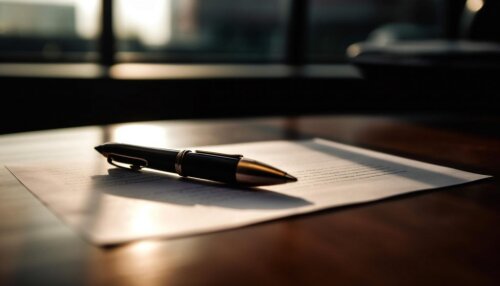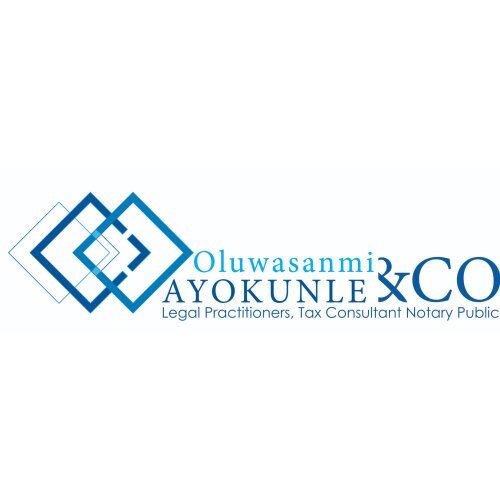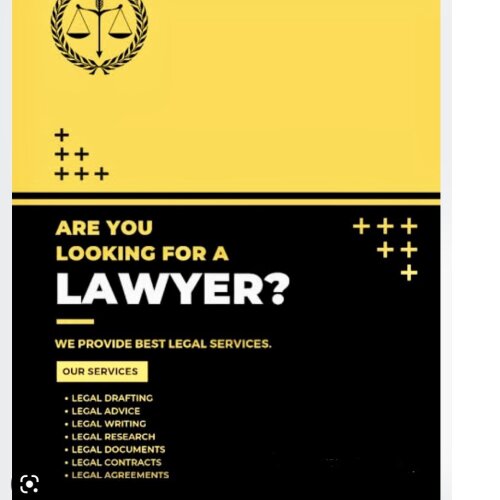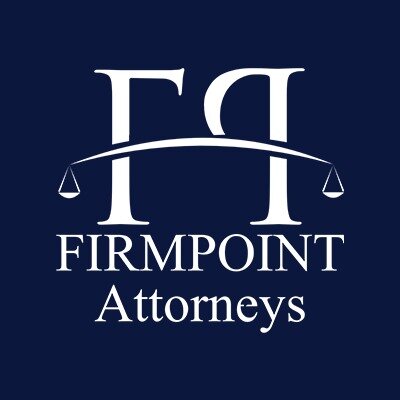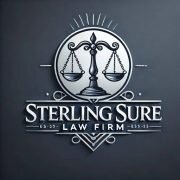Best Defamation Lawyers in Nigeria
Share your needs with us, get contacted by law firms.
Free. Takes 2 min.
Or refine your search by selecting a city:
List of the best lawyers in Nigeria
About Defamation Law in Nigeria
Defamation in Nigeria refers to the act of damaging someone's good name or reputation through false communication. It can happen either via written statements (libel) or spoken words (slander). Defamation laws in Nigeria are primarily governed by the Defamation Act and the principles of common law. These laws aim to balance free speech with the protection of an individual’s reputation.
Why You May Need a Lawyer
Legal assistance might be necessary for various situations, such as:
- Receiving a false accusation that harms your reputation or relations.
- Being a public figure subject to potential defamatory statements.
- Accidentally making statements that could be perceived as defamatory.
- Navigating complex legal procedures to file or defend a defamation claim.
- Drafting public statements or press releases to avoid potential defamation.
Local Laws Overview
The Nigerian Constitution guarantees freedom of expression; however, there are limitations where reputations can be unjustly harmed. The key aspects of defamation law in Nigeria include:
- Burden of Proof: The claimant must prove that the statements made were false, damaging, and intended to harm.
- Truth: A primary defense against defamation; statements proven true are not considered defamatory.
- Privileges: Certain occasions, such as judicial or parliamentary proceedings, are protected from defamation claims.
- Public Figures: Individuals in the public eye may need to demonstrate actual malice in defamatory cases.
- Damages: Compensation for defamation may be awarded, considering the impact of the false statements.
Frequently Asked Questions
What is defamation in Nigeria?
Defamation involves the communication of false statements that harm an individual's reputation. It includes both libel and slander.
What is the difference between libel and slander?
Libel refers to written defamation, while slander pertains to spoken defamation.
How can I prove a defamation case?
You must demonstrate that the statements were false, injurious to your reputation, and made with malicious intent.
What defenses exist against a defamation suit?
Common defenses include truth, qualified privilege, fair comment, and honest opinion.
What constitutes 'actual malice'?
'Actual malice' involves making false statements knowingly or with reckless disregard for the truth, particularly relevant for public figures.
Can public figures sue for defamation in Nigeria?
Yes, but they must prove actual malice, showing the defamer had a reckless disregard for the truth.
How long do I have to file a defamation claim?
You typically have six years to start legal proceedings for a libel case; slander might have different timelines.
What are the potential outcomes of a defamation lawsuit?
Outcomes may include monetary compensation for damages, retraction statements, and injunctions against further defamatory statements.
Can an apology retract a defamation claim?
An apology might mitigate damages but does not automatically void liability for defamation.
Are online statements subject to defamation claims?
Yes, online publications are considered libel and can be subject to defamation claims.
Additional Resources
Consider reaching out to the following for more information or assistance:
- National Human Rights Commission - Offers guidance and support regarding human rights and defamation
- Nigerian Bar Association - Can help connect you with qualified legal professionals
- Federal Ministry of Justice - Provides insights into legal obligations and rights related to defamation
- Media Rights Agenda - Advocates for freedom of expression within legal boundaries
Next Steps
If you believe you’re facing a defamation issue, consider the following steps:
- Evaluate the defamatory statement: Determine its impact and the proof available.
- Consult with a lawyer who specializes in defamation to understand your legal rights and potential outcomes.
- Gather relevant evidence, such as written statements, recordings, or witness accounts.
- Your lawyer might propose sending a cease and desist letter or pursuing a formal lawsuit.
- Consider alternative dispute resolutions, such as mediation, to resolve the issue efficiently.
Contacting a legal professional early can be crucial in protecting your interests and navigating the complexities of defamation law in Nigeria.
Lawzana helps you find the best lawyers and law firms in Nigeria through a curated and pre-screened list of qualified legal professionals. Our platform offers rankings and detailed profiles of attorneys and law firms, allowing you to compare based on practice areas, including Defamation, experience, and client feedback.
Each profile includes a description of the firm's areas of practice, client reviews, team members and partners, year of establishment, spoken languages, office locations, contact information, social media presence, and any published articles or resources. Most firms on our platform speak English and are experienced in both local and international legal matters.
Get a quote from top-rated law firms in Nigeria — quickly, securely, and without unnecessary hassle.
Disclaimer:
The information provided on this page is for general informational purposes only and does not constitute legal advice. While we strive to ensure the accuracy and relevance of the content, legal information may change over time, and interpretations of the law can vary. You should always consult with a qualified legal professional for advice specific to your situation.
We disclaim all liability for actions taken or not taken based on the content of this page. If you believe any information is incorrect or outdated, please contact us, and we will review and update it where appropriate.
Browse defamation law firms by city in Nigeria
Refine your search by selecting a city.




